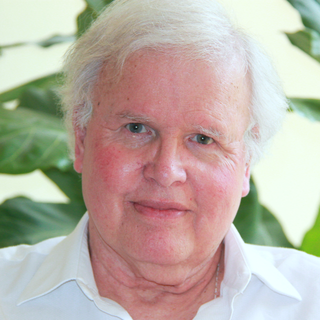A Quote by Eric Schlosser
Future historians, I hope, will consider the American fast food industry a relic of the twentieth century--a set of attitudes, systems, and beliefs that emerged from postwar southern California, that embodied its limitless faith in technology, that quickly spread across the globe, flourished briefly, and then receded, once its true costs became clear and its thinking became obsolete.
Quote Topics
Across
American
Attitudes
Became
Beliefs
California
Century
Clear
Consider
Costs
Embodied
Emerged
Faith
Fast
Fast Food
Food
Food Industry
Future
Globe
Historians
Hope
Industry
Limitless
Obsolete
Once
Quickly
Relic
Set
Southern
Southern California
Spread
Systems
Technology
Then
Thinking
True
Twentieth
Twentieth Century
Will
Related Quotes
The postwar [WWII] GI Bill of Rights - and the enthusiastic response to it on the part of America's veterans - signaled the shift to the knowledge society. Future historians may consider it the most important event of the twentieth century. We are clearly in the midst of this transformation; indeed, if history is any guide, it will not be completed until 2010 or 2020. But already it has changed the political, economic and moral landscape of the world.
If 'Buffy' the movie was the true love of my childhood, 'Buffy' the series quickly became the true love of my teenage years. It was everything I'd ever wanted in a show and more. 'Buffy' quickly became an obsession, and, shortly thereafter, became my gateway into an incredible, insane, indescribably wonderful new world: shared media fandom.
Creative power has to filter through our beliefs, attitudes, emotions, and habits. The more negative and constricted our beliefs and patterns are, the more they block the creative energy. Most people hope that by ignoring negativity, it will go away, but the reverse is actually true. Through recognizing, acknowledging, and experiencing it, the blocked energy can be released. You are then free to replace it with positive beliefs and attitudes.
It is my belief that whereas the twentieth century has been a century of war and untold suffering, the twenty-first century should be one of peace and dialogue. As the continued advances in information technology make our world a truly global village, I believe there will come a time when war and armed conflict will be considered an outdated and obsolete method of settling differences among nations and communities.
Fast food may appear to be cheap food and, in the literal sense it often is, but that is because huge social and environmental costs are being excluded from the calculations. Any analysis of the real cost would have to look at such things as the rise in food-borne illnesses, the advent of new pathogens, antibiotic resistance from the overuse of drugs in animal feed, extensive water pollution from intensive agricultural systems and many other factors. These costs are not reflected in the price of fast food.
It's not that we need to form new organizations. It's simply that we have to awaken to new ways of thinking. I believe it makes no sense to spend a lot of time attacking the current realities. It is time to create the new models that have in them the complexity that makes the older systems obsolete. And to the extent that we can do that, and do that quickly, I think we can provide what will be necessary for a major breakthrough for the future.

































